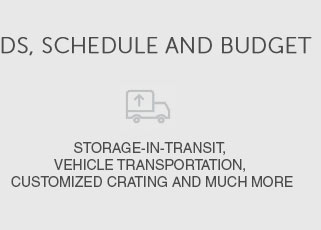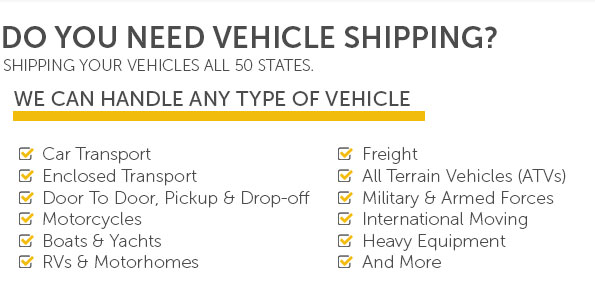 |
 |
 |
||
 |
 |
 |
 |
||
 |
 |
 |
 |
 |
 |
 |
 |
 |
 |
Exploring the World of Moving Vans for Rent: Important ConsiderationsIn today's fast-paced world, where change is often the only constant, moving homes or offices is a common occurrence. As such, the demand for moving vans for rent has seen a significant increase, offering a flexible and cost-effective solution for many. Renting a moving van can be a practical choice for those looking to transport their belongings without the commitment of purchasing a vehicle. However, like any decision, it comes with its own set of considerations. This article delves into the nuances of renting a moving van, providing insights and guidance for potential movers. First and foremost, it's essential to evaluate the size of the van required. Choosing the right size can prevent unnecessary trips and additional costs. Generally, rental companies offer a range of options, from compact vans suitable for small apartments to larger trucks designed for substantial loads. Understanding your needs and the volume of your belongings can significantly streamline the moving process. Another critical factor is the rental cost. Prices can vary significantly based on the size of the van, the duration of the rental, and additional services such as insurance or mileage fees. It's advisable to compare different rental companies to ensure you're getting the best deal. Reading customer reviews can also provide valuable insights into the reliability and quality of service offered by these companies. Insurance coverage is another important aspect not to overlook. While some may see it as an unnecessary expense, it can provide peace of mind, protecting against potential damages or accidents during transit. Most rental companies offer various insurance plans, and understanding the terms and conditions is crucial to avoid unexpected costs.
Lastly, the condition of the moving van is paramount. Prior to renting, inspect the vehicle for any pre-existing damage and ensure it is mechanically sound. A well-maintained van not only guarantees a smoother moving experience but also enhances safety. In conclusion, while renting a moving van can be a highly efficient and economical choice, it requires careful consideration and planning. By understanding your requirements, assessing costs, and thoroughly vetting rental options, you can ensure a successful and stress-free move. https://www.vans4u.biz/
Our lineup of 7, 12, and 15 passenger rental vans and cargo vehicles are all late model, low mileage units that give you the peace of mind you expect. https://www.kayak.com/Memphis-Cargo-van-Rentals.27663.cvn.ksp
Ford Transit is the most reliable cargo van brand available for rental in Memphis. The cargo vans are ideal for transporting products or equipment due to their ... https://www.budgetmemphis.com/tennessee/moving-truck-rentals-germantown-tn/
Moving Trucks. Budget carries various moving trucks throughout all of our fleet but each individual location has a unique selection. We currently carry: 10' ...
|